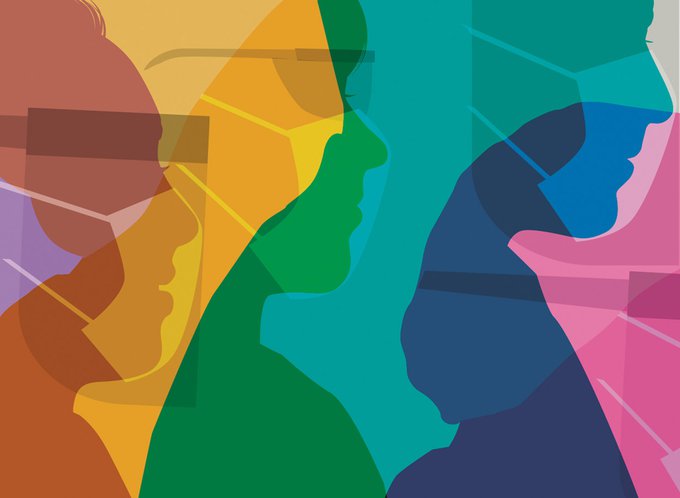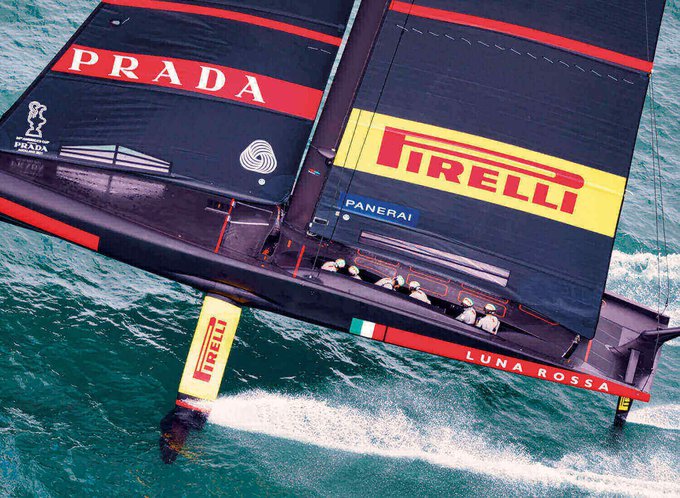MAS Member Dr Paul Trotman, a Dunedin-based doctor and film maker, splits his time between working in rural hospitals and making films and television shows.
The director and producer of acclaimed medical documentaries A Good Death and Donated to Science, Paul has now released a new film, Behind the Mask, looking at the realities of being a medical professional during the COVID-19 pandemic. He interviewed more than 100 people from around the world to find out how frontline workers experienced the unfolding crisis.
Where did the idea for Behind the Mask come from?
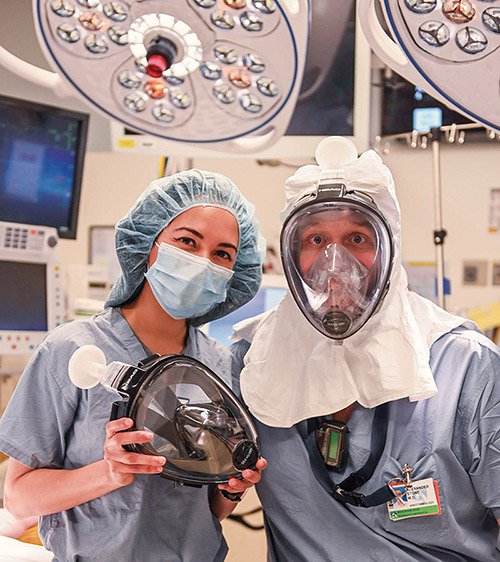 I’ve spent my entire career working part time as a doctor and part time doing media work, and I’m also immune compromised myself, which meant, during the first lockdown in 2020 I was firmly told not to work and risk exposure to COVID-19.
I’ve spent my entire career working part time as a doctor and part time doing media work, and I’m also immune compromised myself, which meant, during the first lockdown in 2020 I was firmly told not to work and risk exposure to COVID-19.
So I was stuck at home feeling very frustrated seeing that my colleagues were working to the limits of their capacity, coping with ridiculous workloads and making some quite astounding changes to the way they practise. As the death toll mounted around the world, I realised I didn’t want these incredible efforts to be forgotten. I was talking to a friend about how I was feeling, and she said “Why don’t you do what you always do – make a film about it?”
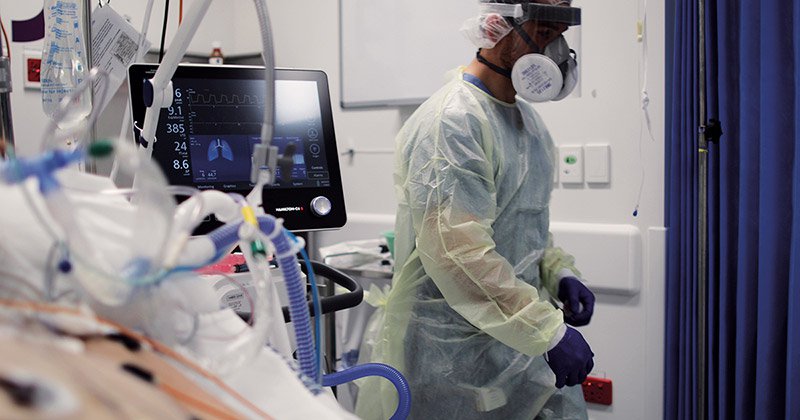
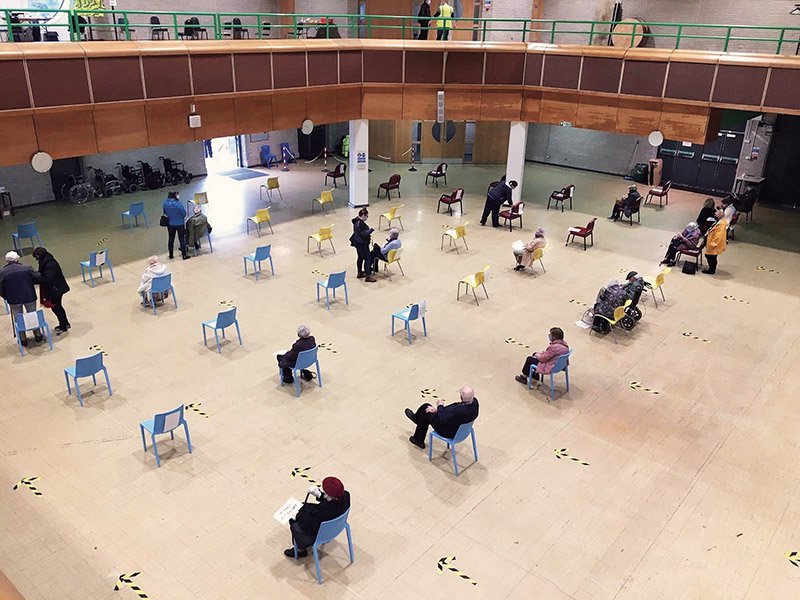
How did you create a documentary during lockdown?
I interviewed more than 100 medical professionals from around the world, all via Zoom. This included colleagues, friends, friends of friends, random people I met on Facebook – anybody who would agree to be interviewed. I spoke to everyone from professors to GPs to paramedics to physios. Almost all of them found the interview experience cathartic and said it helped them cope with the difficulties of being a medical professional during COVID.
I also had some great support from pretty much every part of the medical community down here in Dunedin. There was a section of the ICU in Dunedin Hospital that had been recently rebuilt but couldn’t be used because of a ventilation problem, so we effectively had a finished ICU without any patients in it that we could use for recreations.
What kind of themes emerged during these interviews?
Everyone was terrified, especially early on. It amazes me that there are now people refusing vaccines. If the frontline people are terrified, I think a person on the street is somewhat foolish not to be. But once vaccination came along, there was a bit of a change – people got less anxious.
It also really amazed me how open people were. They wanted to share their story with some random guy who contacted them through Facebook.
Viewers can watch Behind the Mask for USD$2 at vimeo.com/ondemand/behindthemaskfilm.
Know someone who might enjoy this?
Professional life
See all-
March 2021
The great brain gain
-
March 2021
A hectic, horrific working holiday
-
March 2021
Made for today a century ago
-
March 2021
Smooth sailing for Southern Spars

